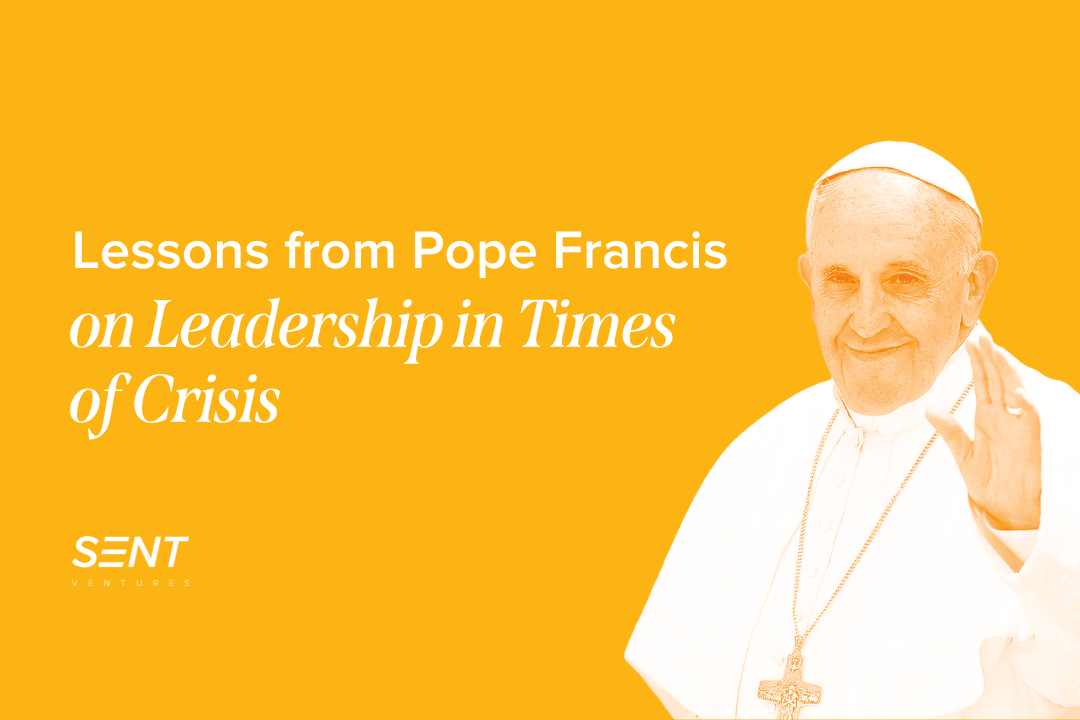Lessons from Pope Francis on Leadership in Times of Crisis
Leadership during times of crisis demands not only decisiveness and resilience but also compassion and moral clarity. Pope Francis, as a global leader, has consistently demonstrated a leadership style that prioritizes empathy, humility, and a deep sense of responsibility to the most vulnerable. His approach to leadership during crises—from global pandemics to social injustices—offers valuable lessons for leaders across all sectors, including business, government, and social enterprise. This article explores key leadership lessons from Pope Francis that can inspire and guide leaders in navigating challenges with grace, wisdom, and purpose.
Leading with Empathy and Compassion
One of Pope Francis’s hallmarks as a leader is his ability to listen deeply to the needs and suffering of others. Whether addressing global health crises, economic inequality, or environmental degradation, he places great importance on understanding the experiences of the marginalized. Leaders can take inspiration from this by creating a culture of active listening within their organizations, ensuring that decisions are informed by the voices of employees, customers, and communities.
Pope Francis continually calls attention to the needs of the poor, the oppressed, and those most affected by crisis. For leaders, this lesson translates into making decisions that prioritize the well-being of the most vulnerable stakeholders. Whether it's employees facing layoffs, customers experiencing hardships, or communities impacted by business practices, leaders should strive to protect and uplift those at greatest risk.
Humility in Leadership
Pope Francis exemplifies servant leadership by consistently putting others before himself. He has redefined the papacy through acts of humility, such as washing the feet of prisoners and choosing simpler accommodations. Leaders can learn from his humility by focusing on serving their teams and stakeholders well. Servant leadership creates trust, loyalty, and a sense of shared purpose in times of crisis.
Throughout his papacy, Pope Francis has shown a willingness to admit mistakes and encourage transparency. In times of crisis, leaders must embrace vulnerability, openly acknowledging challenges and mistakes to build trust and inspire collective problem-solving. Transparency and humility create a more resilient organizational culture, where people feel empowered to contribute to solutions and bring their whole, authentic selves to work.
Embracing Innovation and Change
Pope Francis has often been described as a reformer, willing to challenge outdated systems and embrace necessary change in the Church. His actions remind leaders that during crises, it is crucial to adapt and innovate. Stagnation can exacerbate crises, but embracing change with courage can lead to new opportunities and stronger, more adaptable organizations.
In times of uncertainty, Pope Francis encourages us to embrace hope and faith as guiding principles. For leaders, this means balancing pragmatic decision-making with optimism and a long-term vision. By encouraging their teams to remain hopeful and focusing on a larger mission, leaders can instill a sense of purpose and resilience, even in difficult times.
Fostering Global Solidarity and Responsibility
Pope Francis continually speaks to the interconnectedness of the global community, particularly in addressing issues like climate change and poverty. His leadership emphasizes the importance of acting with global solidarity in mind. Leaders, particularly in international organizations, can take this lesson to heart by ensuring that their decisions not only benefit their immediate stakeholders but also contribute positively to the broader global community.
Throughout his papacy, Pope Francis has called for collaboration across borders, faiths, and sectors to solve global crises. Leaders can draw on this lesson by developing partnerships and collaborations that prioritize the common good. In times of crisis, cross-regional collaboration can lead to creative solutions and shared success.
Pope Francis’s leadership in times of crisis teaches us that true leadership is not just about making hard decisions—it’s about doing so with compassion, humility, and a deep commitment to serving others. His emphasis on empathy, humility, adaptability, and solidarity provides a roadmap for leaders seeking to navigate crises with moral clarity. By applying these lessons, leaders across industries can build resilient organizations that not only weather crises but also emerge stronger, more inclusive, and more purpose-driven.

